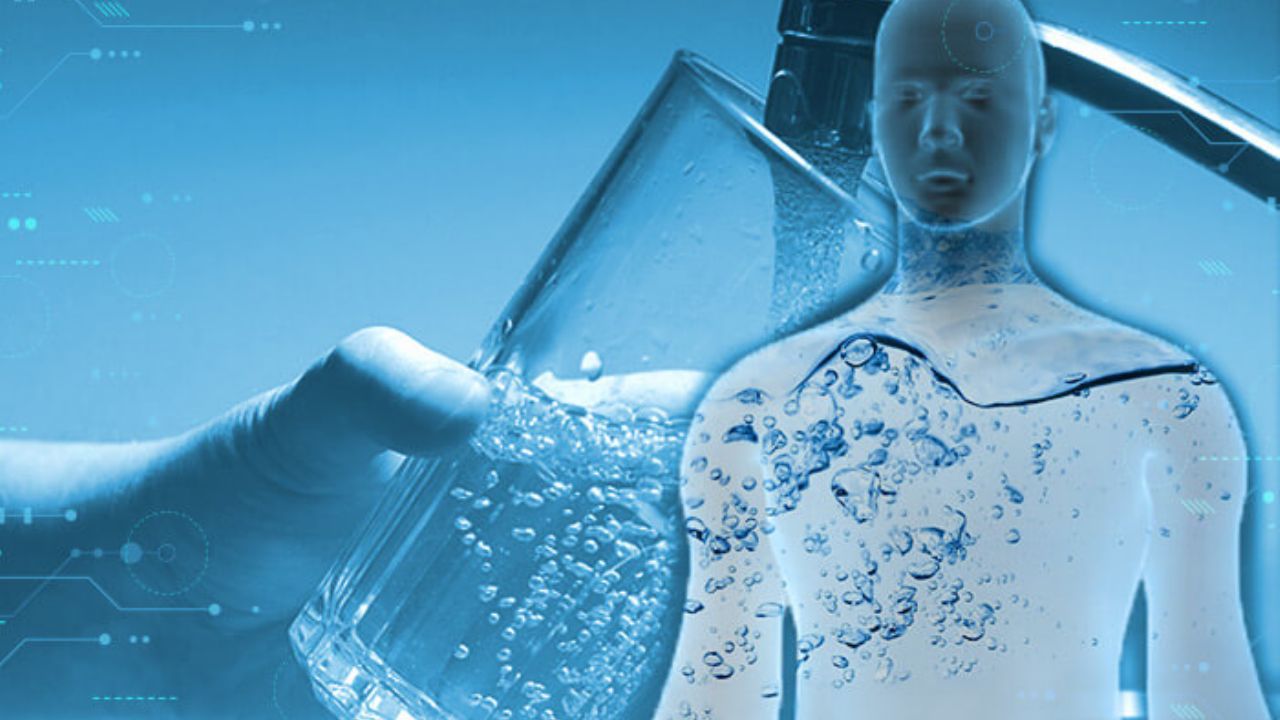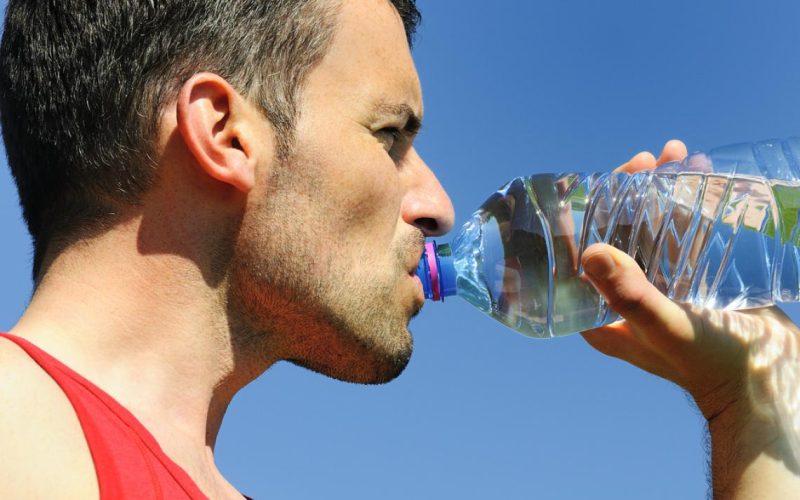Water is an indispensable resource for life on Earth. Beyond its ability to quench thirst, water plays a crucial role in our overall well-being, facilitating a number of essential bodily functions. Although often thought of as a simple liquid, water contains a variety of nutrients and minerals that are critical to our health. In this article, we will explore in detail the nutrients in water , its importance to the body, and how to ensure we get adequate hydration to stay healthy and vital.
Discovering the nutrients in water
When we think of nutrients, the foods we eat, such as fruits, vegetables, proteins, and fats, may come to mind. However, water also plays a vital role as a carrier of essential nutrients for our bodies. Although water itself does not contain calories or nutrients in the way that solid foods do , it acts as a vehicle to transport nutrients and minerals throughout the body and facilitate a number of vital functions.
The importance of water nutrients for the body
Nutrients in water are essential for maintaining the hydroelectrolytic balance in the body and ensuring the proper functioning of numerous systems and organs. Some of the most important nutrients found in water include:
- Minerals: Water may contain traces of minerals such as calcium, magnesium, potassium and sodium, which are essential for bone, muscle, cardiovascular and nerve health.
- Electrolytes: Electrolytes such as sodium, potassium and chloride are crucial nutrients for maintaining fluid balance in the body, regulating blood pressure and facilitating nerve signal transmission and muscle contraction.
- Trace elements: In addition to minerals and electrolytes, water may also contain trace elements such as zinc, iron and manganese, which play an important role in immune function, energy production and cellular health.
- Vitamins: Although in trace amounts, water may also contain small amounts of water-soluble vitamins, such as vitamin C and some B vitamins, which are essential for healthy skin, the immune system and metabolism.

Water Nutrient Sources: Where Does This Nutrient Hydration Come From?
Nutrients in water come from a variety of sources, including:
- Drinking Water: Drinking water, whether tap or bottled, may contain minerals and electrolytes that occur naturally in the soil and rocks through which the water passes during its filtration cycle.
- Mineral Waters: Natural mineral waters, which are extracted from underground sources and may contain a variety of minerals and trace elements, are an excellent source of water nutrients.
- Natural Sources: Natural sources, such as springs and streams, may contain minerals and trace elements dissolved in the water due to their contact with surrounding soil and rocks.
Find out how many calories water has .
Tips for healthy hydration
To ensure you get the nutrients from water you need to maintain your health and well-being, consider following these tips:
- Drink Enough Water: Make sure you consume enough water throughout the day to maintain proper hydration and ensure your body is receiving the nutrients and minerals it needs.
- Choose Quality Water: Opt for high-quality drinking water, either tap or bottled, that has been filtered to remove impurities and contaminants.
- Consider Mineral Waters: If you have access, consider incorporating natural mineral waters into your diet for an additional source of minerals and trace elements.
- Include Hydrating Fruits and Vegetables: In addition to drinking water, eat fruits and vegetables with high water content, such as cucumbers, watermelons and oranges, to increase your nutrient intake and maintain healthy hydration.

